In the context of strong digital transformation, traditional journalism is facing many new challenges and opportunities. The rapid development of social networks has changed the way the public accesses information, posing an urgent requirement for press agencies to adapt and innovate to survive and develop.
Do well, do better social networks with technology
Journalist Le Quoc Minh, member of the Party Central Committee, Deputy Head of the Central Propaganda Department, Chairman of the Vietnam Journalists Association , Editor-in-Chief of Nhan Dan Newspaper, said that the mainstream press used to be positioned as the gatekeeper for the public. Accordingly, whatever the press gave readers, they had to eat, whatever information was published in the printed newspaper, the public knew. However, times have changed. In the age of the Internet, people are free to dive into the sea of information.
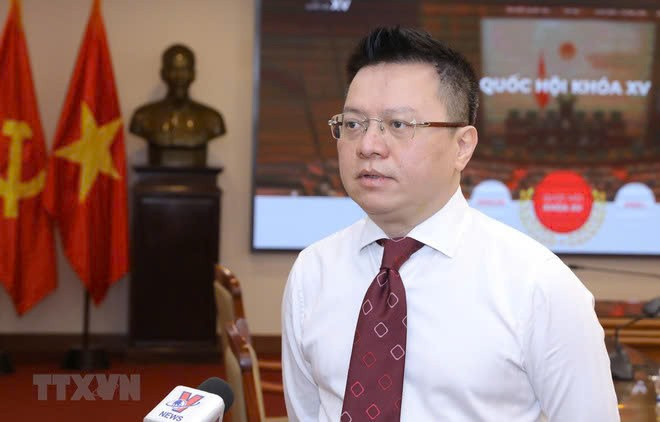
"That leads to a situation where people feel it is not necessary to go to the press to get information," the Editor-in-Chief of Nhan Dan Newspaper shared.
According to Mr. Minh, demanding that mainstream media must compete with, follow, and stay ahead of social media is an unrealistic demand. Mainstream media cannot and should not follow social media.
Vietnam, with a population of about 100 million, not counting the number of Vietnamese living abroad, each person holding a smartphone is ready to become a press agency. There are currently about 40,000 - 45,000 journalists, 25,000 of whom have press cards. The press cannot compete with social networks in terms of information speed. This is the strength of social networks, but it cannot compete with the weakness of the press.
However, if the criteria are balanced, multi-sourced, and objective, other organizations will never be able to compete with the press. “Doing better than them, being better than them, being more professional than them is what we need to aim for,” said Mr. Le Quoc Minh.
According to Mr. Minh, press agencies must have an appropriate social media strategy. Citing the reality from Nhan Dan newspaper, before he became Editor-in-Chief, the newspaper's fanpage only had 24,000 likes, but now it has increased to more than 340,000 followers. Nhan Dan Television on Youtube platform has about more than 3.6 million followers. Newspaper products posted on TikTok have millions of viewers. Thus, it can be seen that the press needs to dominate social media platforms to have appropriate communication policies.
In 2024, on the occasion of the 70th anniversary of the Dien Bien Phu victory, the printed newspaper product Panorama depicting 4,500 characters in the tragic battle of the last 56 days of the Dien Bien Phu battle created a media fever, attracting a large number of Gen Zs interested in a historical event.
Mr. Le Quoc Minh emphasized that technology plays a key role in the development of modern journalism. The current media trend has shifted from readers actively searching for information to information automatically finding readers. This change can only be achieved thanks to the strong support of technology.
He said: "If technology is king, then content is queen." Quality content is always the core factor, but to get that content to the right target audience, technology is indispensable.
Therefore, what every press agency needs to aim for is not only to create good content products, but also to effectively apply technological solutions, thereby building its own identity and increasing public access. This is a strategic problem that all newsrooms in the digital age must find a solution to.
Digital transformation of journalism is an inevitable trend
Associate Professor, Dr. Nguyen Thanh Loi, Editor-in-Chief of Economic and Urban Newspaper, affirmed that digital transformation of journalism has become an inevitable trend in all press agencies. In the context of the 4.0 industrial revolution and current information competition, good content is not enough, but it is necessary to create new experiences for readers through digital technology applications.
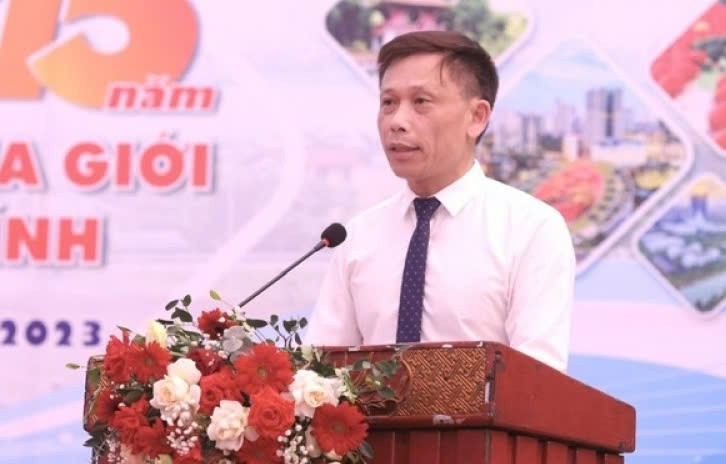
“There are currently about 40,000 – 45,000 journalists, 25,000 of whom have press cards. The press cannot compete with social networks in terms of information speed. This is the strength of social networks, but it cannot compete with the weakness of the press.”
Digital transformation of journalism is the integration of data and digital technology into all areas of a press agency's operations. Therefore, using digital technology to change the model from management to operations, production, publishing, content distribution and business..., creating new products, opportunities, revenue and values, is the goal that press agencies must always aim for.
According to Associate Professor Dr. Nguyen Thanh Loi, press agencies today, including the Economic and Urban Newspaper, are facing a series of challenges in the development process. One of the worrying issues is the risk of large-scale cyber attacks, along with the impact of mixed information flows on social networks, many of which are fake news and unverified. In addition, the increasing trend of personalization in the public's access to information is also putting considerable pressure on mainstream journalism.
In addition, the rapid development of new forms of media, especially multimedia journalism and social networking platforms such as Facebook, Zalo, Twitter, YouTube, etc., has created a fiercely competitive environment for traditional journalism. The trend of forming multi-platform media agencies is increasingly popular, making the need for digital transformation at press agencies urgent. Shifting the focus from print to online journalism is not only a development orientation but also a condition for survival, especially in the context of readers' increasing demands for speed, accuracy and convenience in accessing information.
To adapt to this trend, the Economic and Urban Newspaper has proactively specified the Digital Transformation Strategy for the Press until 2025, with a vision to 2030, and at the same time seriously implemented the Digital Transformation Index for the Press and the guiding documents of Hanoi City on digital transformation. Currently, the newspaper's converged newsroom has been built and operated effectively, allowing for the expansion of interaction channels with readers, improving communication efficiency.
Currently, the Economic and Urban Newspaper operates 2 printed publications, 1 electronic newspaper and 6 online pages. This requires the press agency to completely change its working methods, content production processes as well as technical management systems - to ensure that the editorial board and specialized departments can coordinate closely, update information and operate operations quickly and promptly.
Answering questions before the National Assembly about social networks competing with the press, Minister of Information and Communications Nguyen Manh Hung admitted: “When social networks were born, they may have taken away the job of journalism. For many years, journalism focused on reporting news, but now social networks report news faster. Social networks have tens of millions of reporters for free, everywhere.”
According to the Minister, if the press wants to maintain its position, it must do things differently from social networks, returning to core values of authentic, accurate, objective news, accountability, and professional ethics.
Instead of reporting news, we need to analyze and evaluate, instead of commenting, we need to offer solutions, instead of reporting news, we need to tell stories... to lead and orient society.
Previously, in real space, the press was dominant. Now in cyberspace, information from the press must guide the mainstream. The Ministry of Information and Communications, the Central Propaganda Department, and the Vietnam Journalists Association have identified this as the main direction to redefine the position and role of revolutionary journalism.
“We also determined that the best way to compete with social networks is to do things differently from social networks, returning to our core values. Using social network technologies to do journalism, two-way interaction, considering social networks as tools, platforms and environments to appear,” the Minister emphasized.
Source: https://khoahocdoisong.vn/toa-soan-so-ket-hop-bao-chi-cong-nghe-post1548888.html












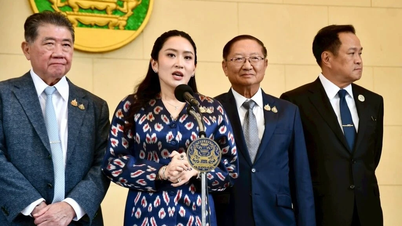
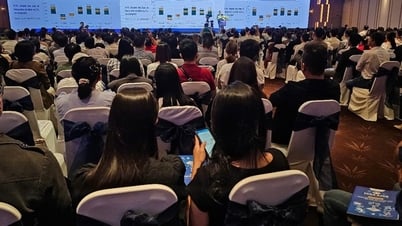





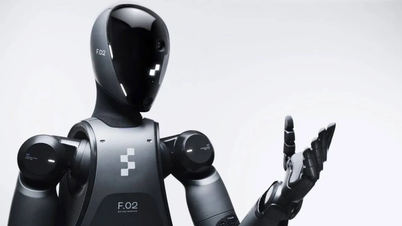






































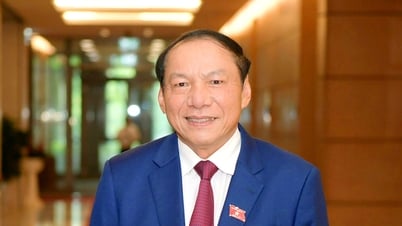








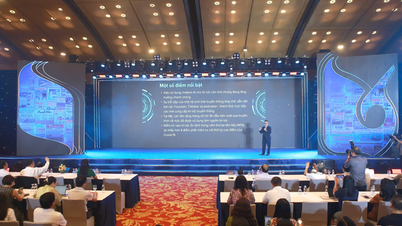











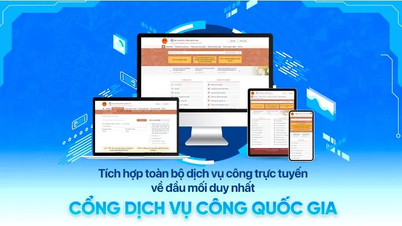

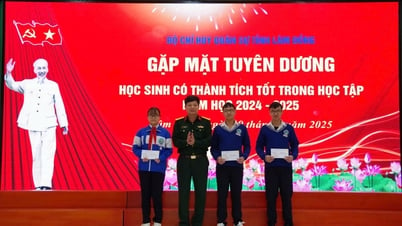

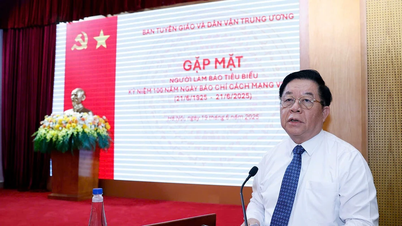

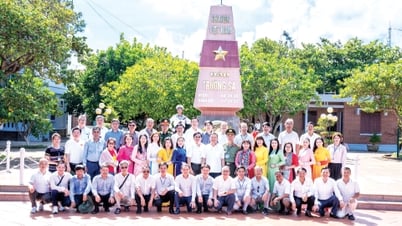











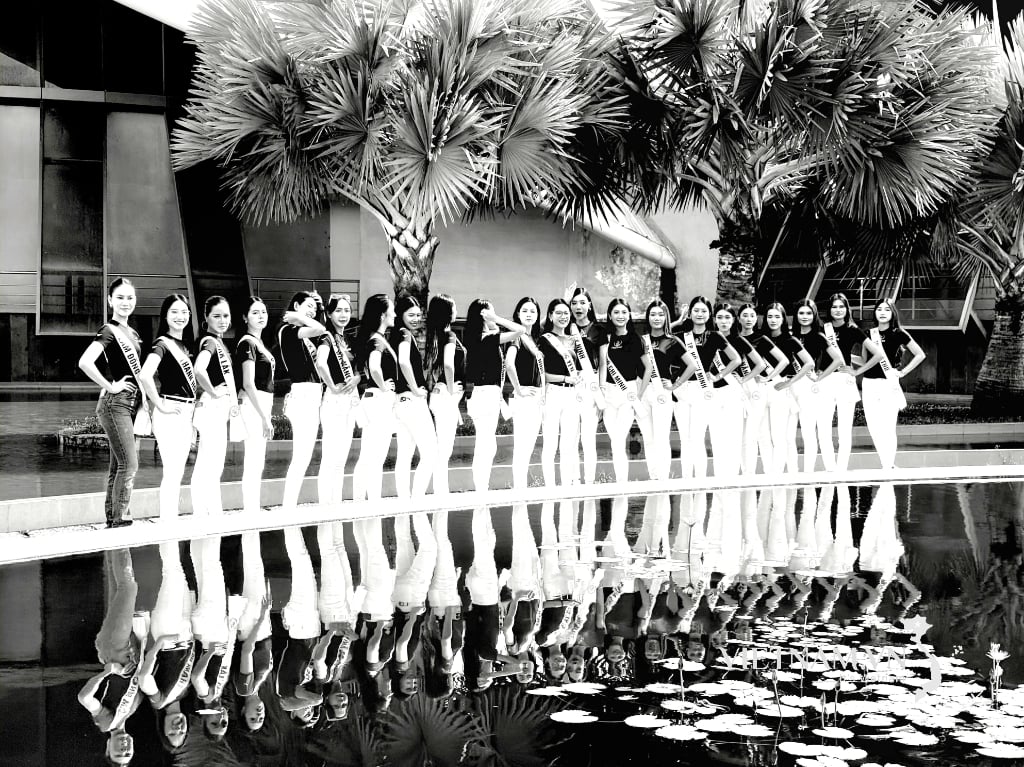


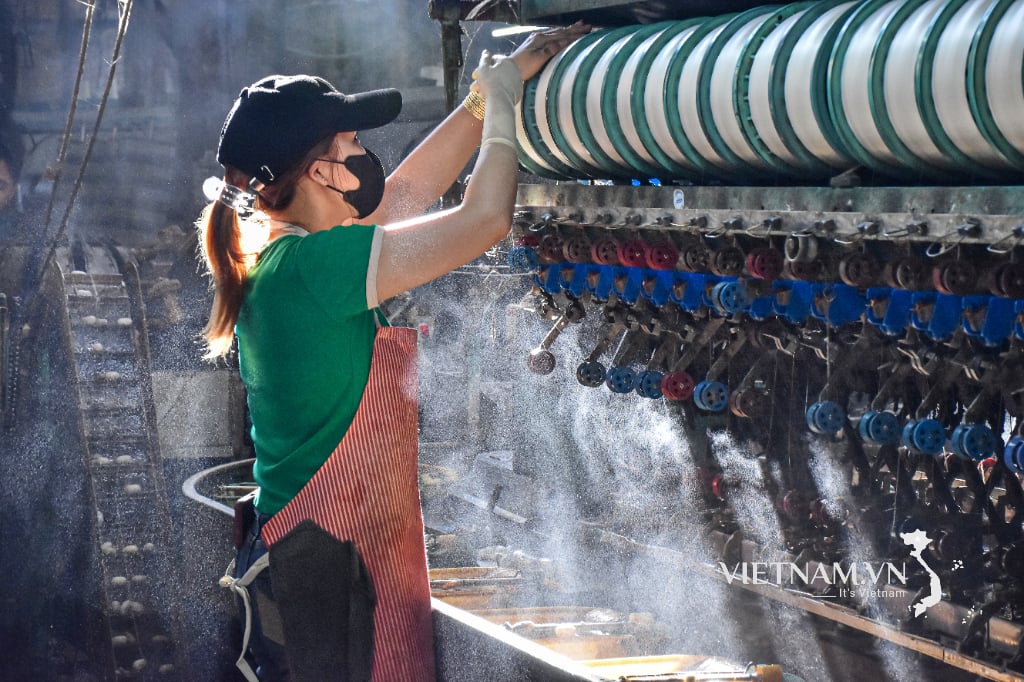
Comment (0)